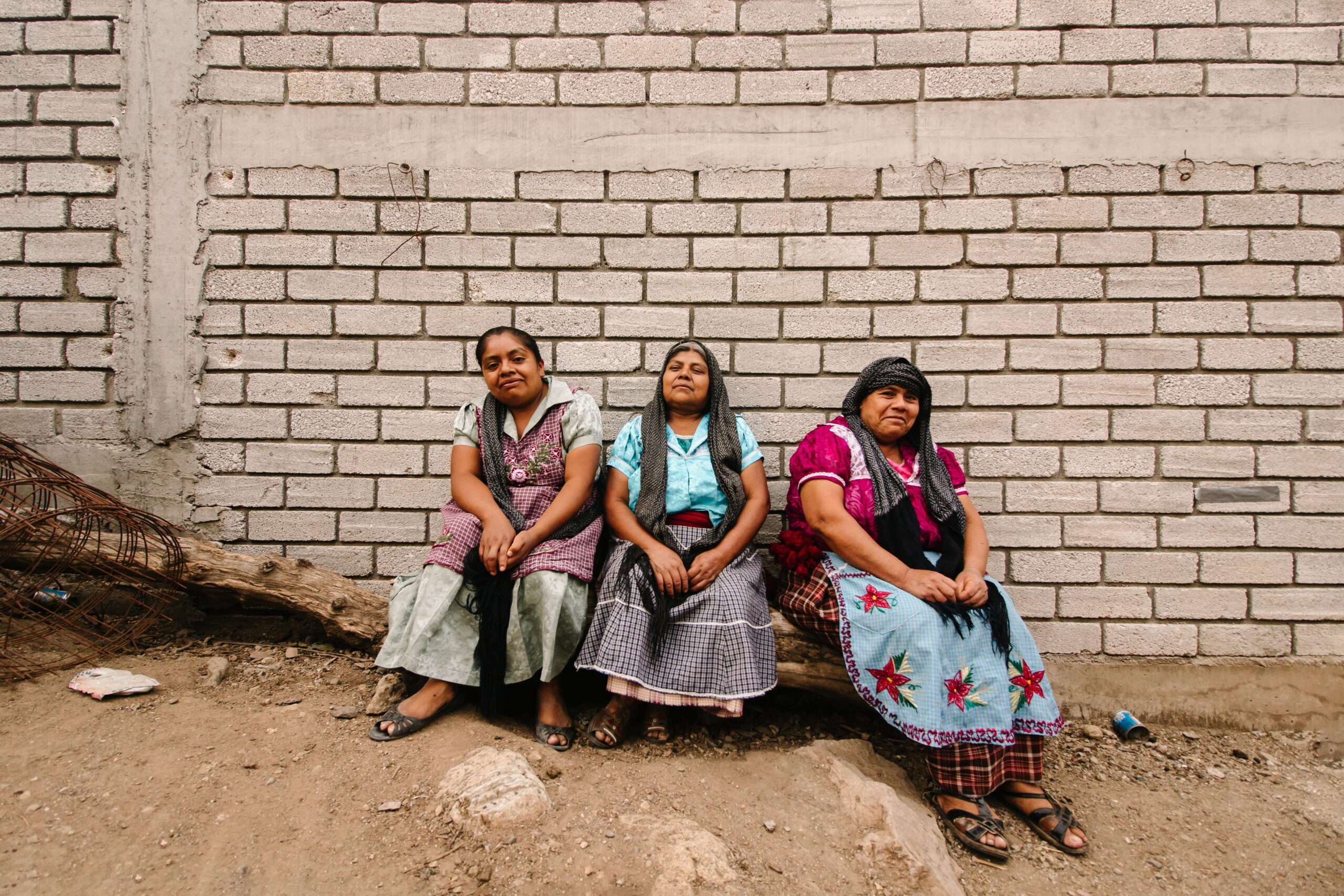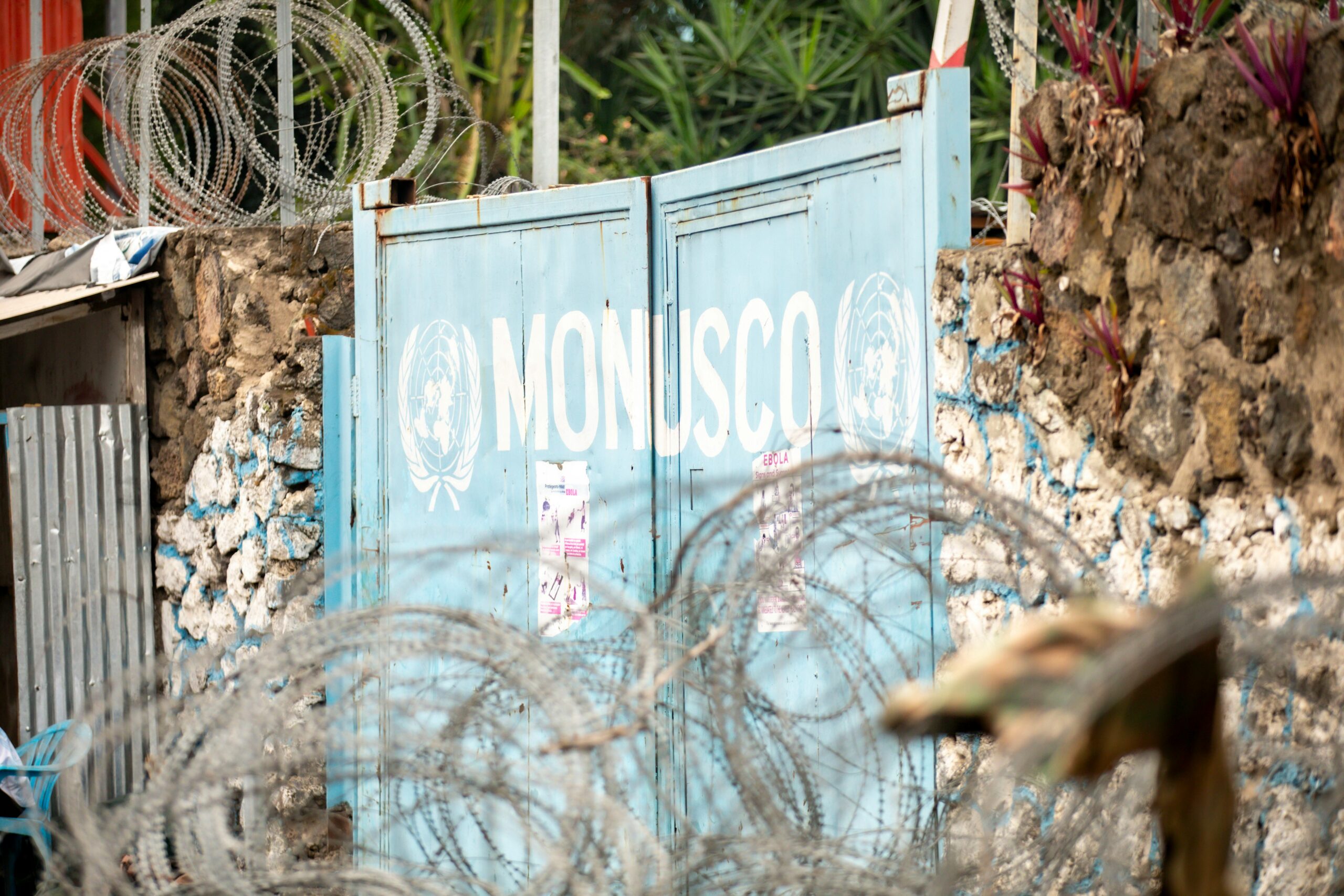A Decolonial Struggle
By Julia Alaimo Díaz
Somos Indígenas y somos mexicanas
Early 1994 marked the public emergence of the Ejército Zapatista de Liberación Nacional (EZLN), a predominantly Indigenous movement that challenged state violence, neoliberalism, and colonial legacies in Mexico. Las compañeras zapatistas have built one of the most remarkable examples of decolonial feminist resistance in Latin America. Their collective organizing for land, autonomy, and dignity redefines Indigenous rights and reconfigures feminist methodologies from below.
This movement has an important decolonial component, seeking the vindication of Indigenous peoples and the struggle for peasant land in the Lacandon Jungle in Chiapas. Women play a preponderant role in the EZLN’s struggle, where they challenge both colonial oppression and patriarchal structures within Indigenous communities and Mexican society. Through their leadership, they secured new rights and reconfigured the struggle for justice, making women’s liberation inseparable from Indigenous autonomy and social transformation.
Lessons from las compañeras Zapatistas
Las compañeras zapatistas are an insightful example of decolonial feminist methodologies. Zapatista women created autonomous spaces for political participation, education, and healthcare, prioritizing community knowledge, collective decision-making, and resistance to neoliberal capitalism. Based on Ochy Curiel’s ideas, we might recognize that these practices challenge the coloniality of power and gender by emphasizing the intersections of race, gender, and colonial violence.
The Ley Revolucionaria de Mujeres– a document establishing women’s basic rights inside EZLN- reflects this approach. It combines gender-specific demands, such as reproductive rights and protection from violence, with collective rights like land and autonomy. In doing so, las compañeras zapatistas reject Western liberal feminist ideals in favor of a communal, anti-capitalist feminist praxis.
The struggle for land ownership is central to the Zapatista movement. Gladys Tzul, cited in Curiel’s Constructing Feminist Methodologies from the Perspective of Decolonial Feminism, notes that women involved in communal land defense use strategies that resist capitalist control and fragmentation of land (p. 55). Through these practices, las compañeras zapatistas resist state oppression and uphold Indigenous sovereignty.
Decolonial feminism embraces actions that challenge the systems oppressing Indigenous women. Curiel critiques Eurocentric modernity (p. 48) and advocates for decolonial feminist methods that foreground the interconnections between race, gender, and colonialism. The compañeras Zapatistas’ dual advocacy for gender justice and collective rights offers an alternative to feminism rooted in the Global North.
Aníbal Quijano coined the concept of the coloniality of power, which describes how colonialism and global capitalism create enduring systems of domination. By asserting their rights through grounded communal practices, las compañeras zapatistas actively resist these global systems of domination and reclaim their agency within a decolonial feminist framework.
A Feminist Ethnography of las Compañeras que luchan
In “Methodologies for Feminist Peace Research”, Annika Björkdahl and Johanna Selimovic propose the ethnography of the everyday (p. 42) as a key methodological approach within feminist peace research. This approach examines how peace and conflict are lived, embodied, and contested through daily practices, relationships, and routines. It attends to how individuals and communities navigate structural violence, build networks of care, and resist oppression in powerful ways.
Moreover, the authors emphasize that a critical understanding of local power structures must accompany such ethnographic engagement. A feminist perspective shows that peace is inseparable from the systems of domination, patriarchy, racism, colonialism, and capitalism that shape people’s lives. Feminist ethnography must therefore be reflexive and context-sensitive.
This dual emphasis on everyday life and structural analysis provides a powerful lens through which the practices of las compañeras Zapatistas can be understood. As Indigenous women with a long history of colonial dispossession, patriarchal control, and state violence, their resistance illustrates how peacebuilding can emerge from the ground up. Through their participation in communal assemblies, autonomous health and education systems, agricultural cooperatives, and even armed militias, they enact daily practices of autonomy and care that challenge both external oppression and internal hierarchies.
These acts, reclaiming land, reshaping gender roles, and defending community-based governance, are not isolated or symbolic but part of a sustained political project transforming the material and epistemic conditions of their marginalization. In doing so, they embody the very kind of everyday peace that feminist ethnography seeks to reveal: one rooted in relationality, collective self-determination, and the revaluation of Indigenous knowledge and communal life.
As someone writing from outside the communities I am learning about, currently based in the Global North and not from an Indigenous background, I recognize the limitations of my perspective. I aim not to speak for las compañeras zapatistas, but to amplify their voices and reflect on how their experiences challenge dominant ideas of feminism and peace. Decolonial research calls for humility, care, and a commitment to listening and learning from those creating powerful alternatives through everyday resistance.
Las compañeras show what decolonial feminist practice looks like in action. Rooted in Indigenous knowledge, collective autonomy, and the fight against colonial and patriarchal systems, their struggle offers vital lessons for rethinking both politics and research from the ground up.
Cover photograph: Jhovani Morales




Leave a Reply